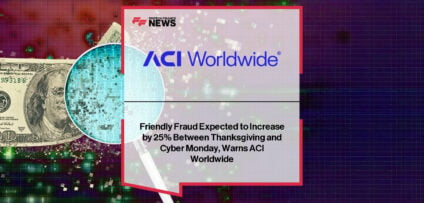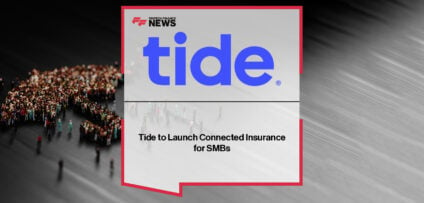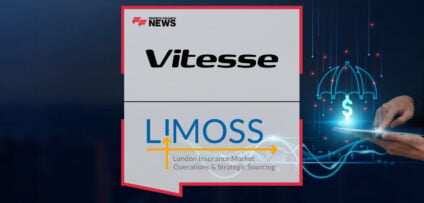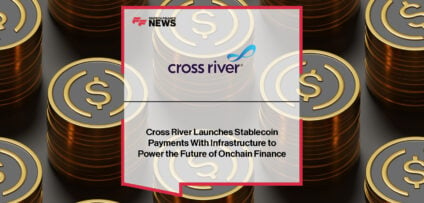Breaking News

Self-employed and Gig Workers cite HMRC Wrangling as Major Concern
The last day of January and the self-assessment deadline is a key date in the calendar of the self-employed, yet new research from Fidelity International shows the nation’s freelancers, contractors and so-called ‘gig economy’ workers find it one of the most daunting days, if you’re working for yourself.
Researching the self-employed, gig workers and employed across England, Scotland and Wales, Fidelity discovered that half (50%) of the self-employed and gig workers found the concept of dealing with HMRC and taxes a worrying aspect of their work.
For those in employment, the spectre of managing their own tax affairs looms large with 70% saying that being able to avoid doing taxes themselves is an important consideration in their decision to remain in formal employment.
Maike Currie, investment director for Personal Investing at Fidelity International, comments: “Tax doesn’t have to be taxing, or so HMRC likes to tell us, but it can be expensive if you don’t play by the rules. Or if you make a mistake.
“There are all sorts of people who have to fill out a tax return, and for many reasons including the self-employed, partners in a business and directors of limited companies. If you have one or more properties that you rent out (accidental landlords included), you invest in shares outside your ISA or you’re a higher-rate taxpayer and you’ve paid into a self-invested personal pension (SIPP) you will also need to fill out a self-assessment tax return.
“Making a mistake on your tax return could end up costing you money; whether it’s an additional tax bill or a penalty for a miscalculation.”
Maike offers the following tips to make sure you don’t fall foul of the rules.
- Meet the deadline
Fail to submit a tax return before midnight on 31 January and you could face an automatic £100 fine. This increases the longer you delay, so get your submission in on time.
- Watch out for typos
Double-check all your figures and make sure you’ve filled in every part of the form that’s relevant to you. For additional income not covered by the main tax return, you will need to include supplementary pages. Whether that’s for interest from gilt edged and other UK securities, life insurance gains, income from share schemes, foreign income or a taxable lump sum from an overseas pension schemes, declare it and make sure you also submit the relevant supplementary pages.
- Declare your pension contributions
If you’re working for yourself and pay money into a pension, you need to make sure you’re entering those contributions onto your tax return, in the correct box and for the right amount. If you make a mistake here, you could either miss out on tax relief or claim too much – in which case HMRC could charge interest on the underpayment.
- Claim tax relief on charitable giving
If you’re a higher-rate taxpayer and you’ve made any donations to charity under the Gift Aid scheme, remember to record these donations in the main section of your tax return. Fail to do so and you’ll miss out on some tax relief that’s due to you.
- Don’t forget to pay what you owe
Finally, don’t forget to actually pay your dues. Everything you owe has to be paid by midnight on 31 January. There are a number of ways to pay, including by cash or debit card. And don’t forget any‘Payments on account’ that are due. These are advance payments towards your tax bill (including Class 4 National Insurance if you’re self-employed).
And if you do make a mistake
If you do make a mistake on your tax return you usually have 12 months from the deadline to correct it. If you’ve submitted your return online, you can also make any changes online. Go back into your tax return, make the changes you need to and then make sure you submit it again. For errors or amendments spotted after the 12 months is up, you’ll need to write to HMRC directly. Include in your letter the tax year you’re correcting, why you think you’ve paid too much or too little tax and by how much. You can claim a refund up to four years after the end of the tax year it relates to.
- Pocket Network Is Pioneering ‘DePIN for Data’ Read more
- Kea Rolls Out Local Payouts in 85+ Currencies Read more
- Friendly Fraud Expected to Increase by 25% Between Thanksgiving and Cyber Monday, Warns ACI Worldwide Read more
- Tide to Launch Connected Insurance for SMBs Read more
- Market Backs 3-Year LIMOSS/Vitesse FCP Contract to Improve Treasury Management and Claims Payments in the Lloyd’s Market Read more










